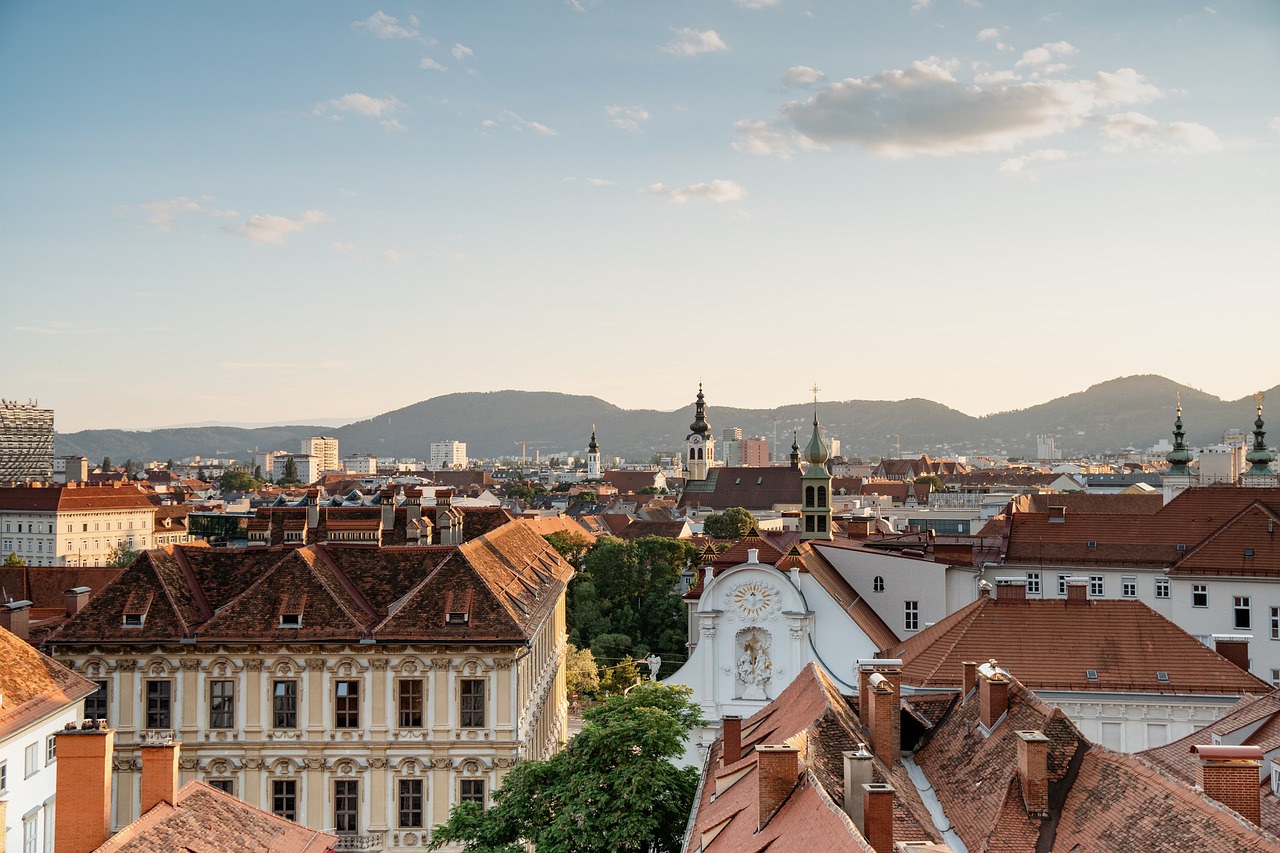Tips for Buying Real Estate in Austria
In the last couple of years, Austria’s property market has been booming, and many consider buying real estate there an excellent investment. Austria is a dream destination for multiple reasons: high quality of life, outstanding medical care, and affordable property. The beautiful nature and stunning architecture come as great bonuses, too.
In 2023, home sales are expected to grow by 1.9% and reach 10.9 billion EUR, all because of the positive economic outlook, favorable lending conditions offered by banks, and low interest rates. If you have been dreaming of moving to a place with stunning nature, gorgeous mountains, welcoming people, and incredible quality of life, Austria should be at the top of your list.
This guide will help you understand where to start if you want to buy real estate in Vienna or other cities of the country, what to pay attention to first, and what to do during different stages of the property buying process.
Where to Start
If you are planning your move to Austria and buying property there, there are a few important factors to consider. You need to plan ahead and learn about the laws of home ownership in Austria if you want to make this process as smooth and errorless as possible.
The first question most people have is whether ex-pats can buy property in Austria. Yes, they sure can! However, there are some restrictions that vary in different municipalities.
For instance, it is more challenging to buy property in some areas of Austria, such as Tyrol and Vorarlberg ski resorts. Only EU citizens can buy real estate there. In areas besides Vorarlberg and Tyrol, non-EU nationals have the right to purchase the property if they have a residence permit. In most cases, it is better to consult a lawyer before buying property in Austria.
To receive an Austrian residence permit, there are several conditions:
- You need to have a certificate of German language proficiency at level A1 at least;
- You need to reside in Austria for at least 183 days per year;
- You can live in any country of the EU for no more than 3 months within a 6 months period;
- You do not have the right to work or conduct business in Austria.
Once you receive this permit, you have the right to receive Austrian citizenship, buy property in Austria, and receive high-quality medical care.
You can also buy property in Austria if you have a residence permit from another EU country. Without a residence permit, you can buy real estate in Austria but only with the permission of the authorities. You need to prove your financial independence and comply with a number of conditions regulated by local laws; for example, you need to live on the land for at least 3 years before buying real estate there.
Once You Get the Residence Permit
Let’s suppose you already received your residence permit. The next step in your journey would be to find a notary or a lawyer who will play the role of a mediator between you and the seller. This person will also hold the deposit and help during the negotiation process.
The next step is to sign the preliminary sales contract (Kaufanbot). This is a document that includes information about the property, the agreed price, and the payment schedule. When you sign the Kaufanbot, the property is taken off the market.
Once you sign the offer, the notary starts preparing the Deed of Sale (Kaufvertrag) and all additional documentation. This process can take up to four weeks. This document should include the extract from the Land Registry and the information about the property you are buying. Moreover, pay attention to the escrow account part (treunhandkonto).
The escrow account is a secure payment mechanism. It ensures that the person buying the property has their money securely held in the account of their notary/lawyer. The money reaches the seller only once the property is fully transferred.
The next step is to apply to the City Magistrate for the appropriate approval of the “Bestaetigung” or “Negativ Bestataetigung” agreement. During this process, which takes up to six months, the city evaluates its interest in the sold real estate object, checks the source of the buyer’s income, and concludes the main terms of the agreement.
There’s more documentation to fill in! It includes KYC (“know-your-client”) confirmations, PEP (“politically exposed person”) form, and other documents.
The Deed of Sale requires the signature of the buyer. If you live in Austria, you can do it IRL and sign it at your notary’s office. If you are outside of Austria, it can be done with the help of the authorities from the Austrian Embassy.
After the Deed of Sale is signed by both parties, the new owner of the property has up to two weeks to transfer the money into the escrow account. Once the payment is completed, buyers can arrange a formal handover of the property.
Final Word
As you can see, there are a lot of details you shouldn’t lose sight of when you’re purchasing real estate in Austria. Note that citizens of EU countries are equated to Austrian nationals. They do not need official authorization as it is only required for nationals of third countries. Thus, if you are a resident of the EU, you enjoy the same right as Austrians and can easily purchase real estate in Austria.

